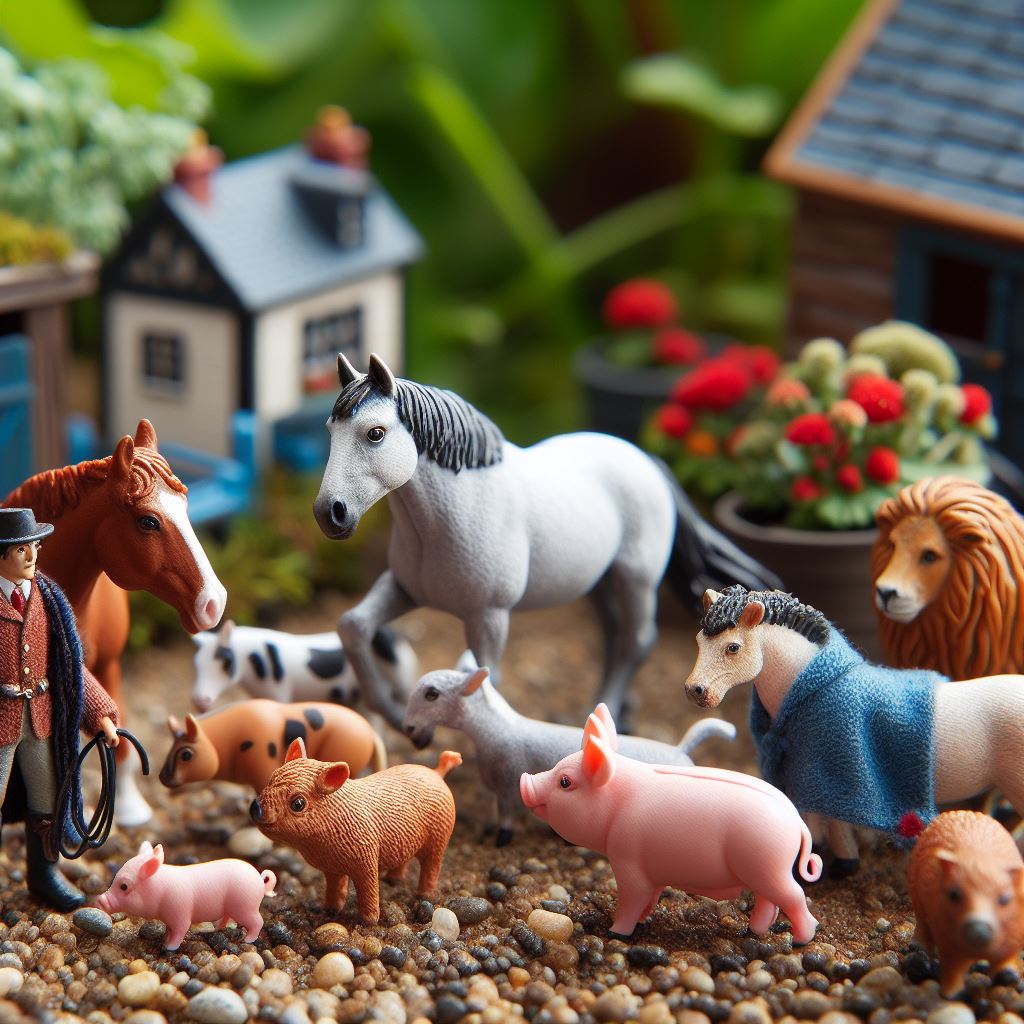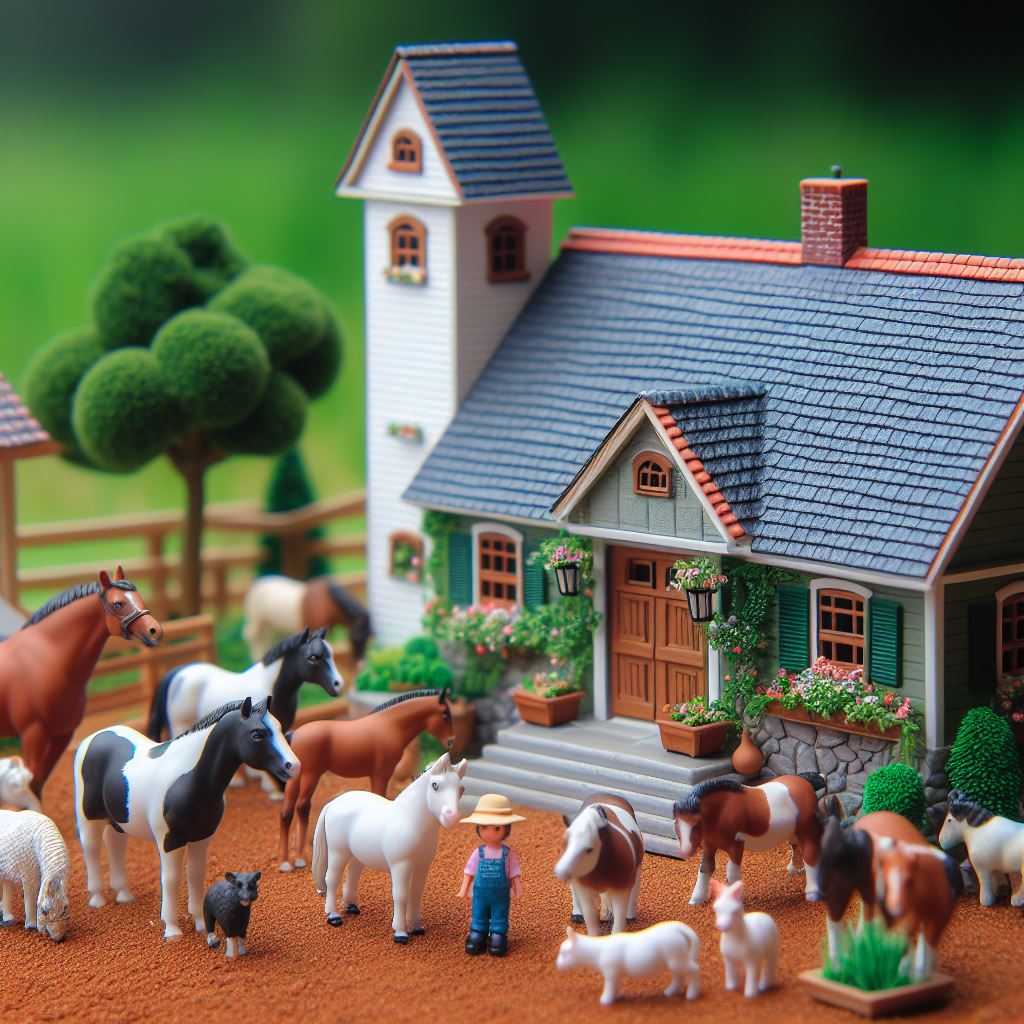All these years later and it’s time again. This past year we lost our donkeys and a cat and we have a pasture that is open and empty. January is already gone, and we are still processing the loss and considering what 2024 might hold.
Thoughts:
Miniature Farm – the idea of miniature animals that would look normal size unless you provided a regular size object to compare them too.
A search reveals options like:
- Pygmy Goats: These pint-sized goats weigh about 40 to 50 pounds and have playful personalities. They are primarily raised for companionship and can thrive in various environments. Provide them with shelter, hay, and a fun playground to keep them active and entertained1.
- Micro Pigs (Teacup Pigs): Contrary to their name, teacup pigs are not actually teacup-sized. They weigh less than 200 pounds and are curious, social, and smart. Check local laws before getting one as a pet. While they can be indoors, pigs do best outside, wallowing in the mud with their fellow kind1.
- Miniature Horses: These eensy-weensy equines were popular among nobility in the 1600s. They make great family pets and service animals. They don’t shed, irritate allergies, and require less social attention than dogs. Housebreaking them is possible, and their full manes and tails are easy to groom. Just ensure they get plenty of outside exercise1.
- Babydoll Sheep (Old English Southdown Sheep): These miniature fluffballs stand up to 24 inches tall at the shoulder and weigh around 100-125 lbs. They are friendly, peaceful, and great for children. Known as “organic weeders,” they graze on grass and can roam in vineyards and orchards without damaging trees or bushes1.

Horse and friends:
A search for options came up with the following:
- Donkey or Mule: Donkeys make fantastic friends for lonely horses. They can share the same fields and even cozy up in adjacent stalls. Donkeys are lower maintenance than horses and can survive mainly on grass. Some donkeys also serve as “guard animals” for farms, scaring off intruders. Mules, which bond well with people, are another great option. Both donkeys and mules have impressive longevity, often reaching 30 years of age1.
- Pony or Miniature Horse: Instead of getting a second full-size horse, consider a pony or miniature horse. These smaller equines require less hay and grain, making them cost-effective companions. Miniature horses are not for riding (except by the smallest riders), so you won’t need additional riding equipment. They provide friendship and a sense of security for larger, shyer horses1.
- Llamas: Llamas are excellent companions for pasture-kept horses due to their larger size. They can graze alongside horses and are generally friendly. Introduce no more than two llamas, as they tend to herd up by species and may leave the horse alone where they started1.
Praying for wisdom and direction – for a vision of what God would have me do. Get my own? Allow others to use it? Only time will tell.

